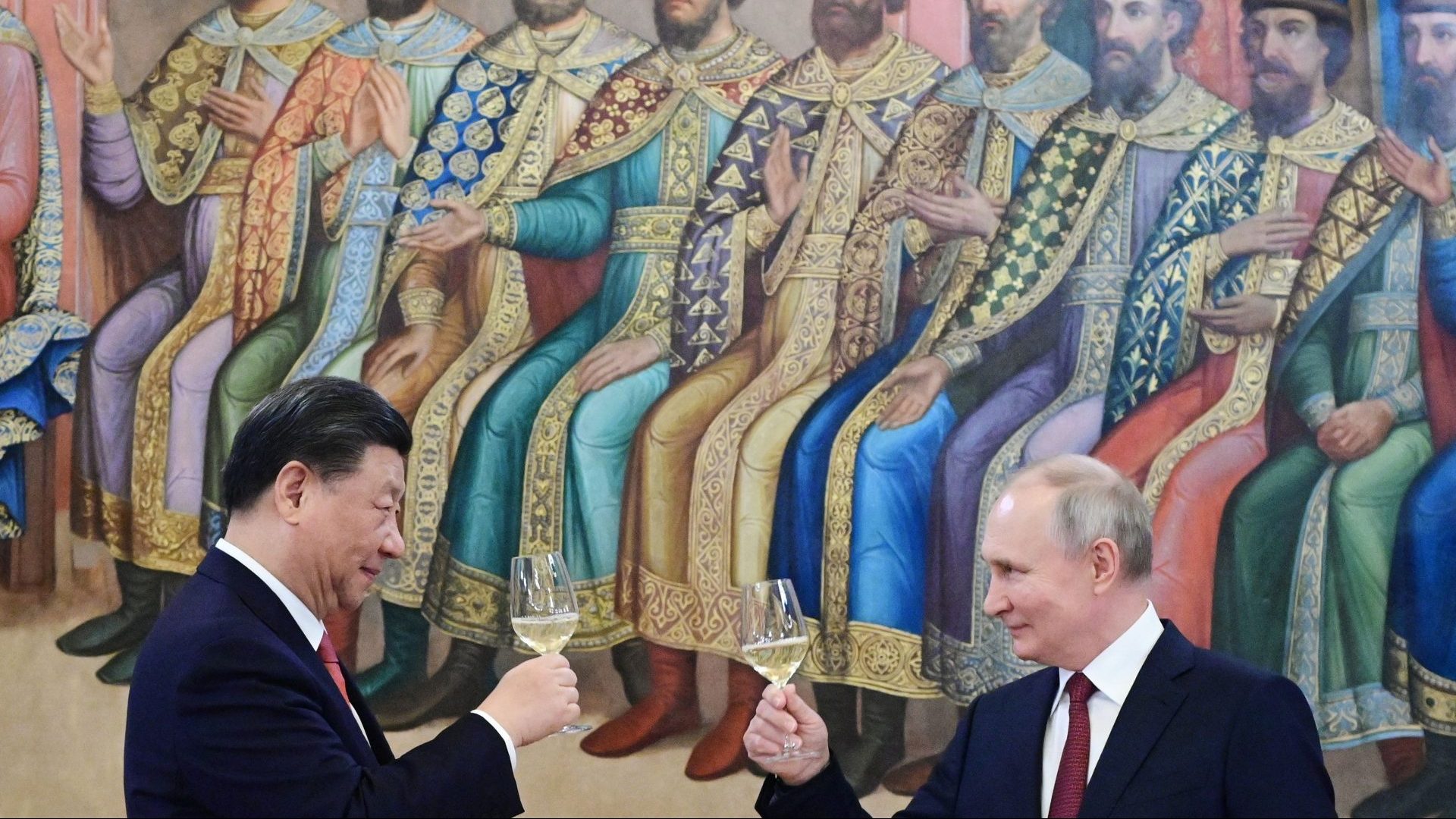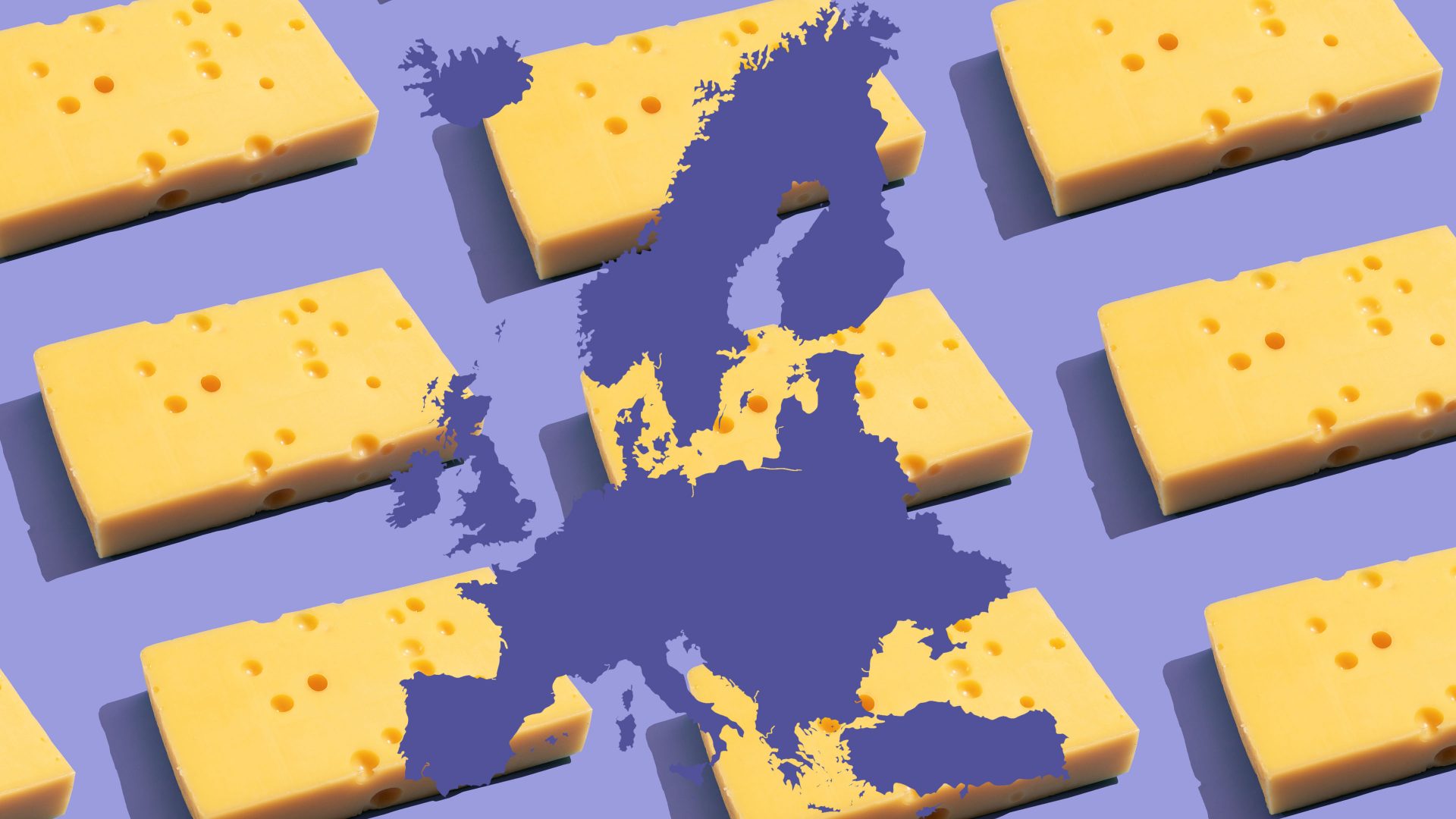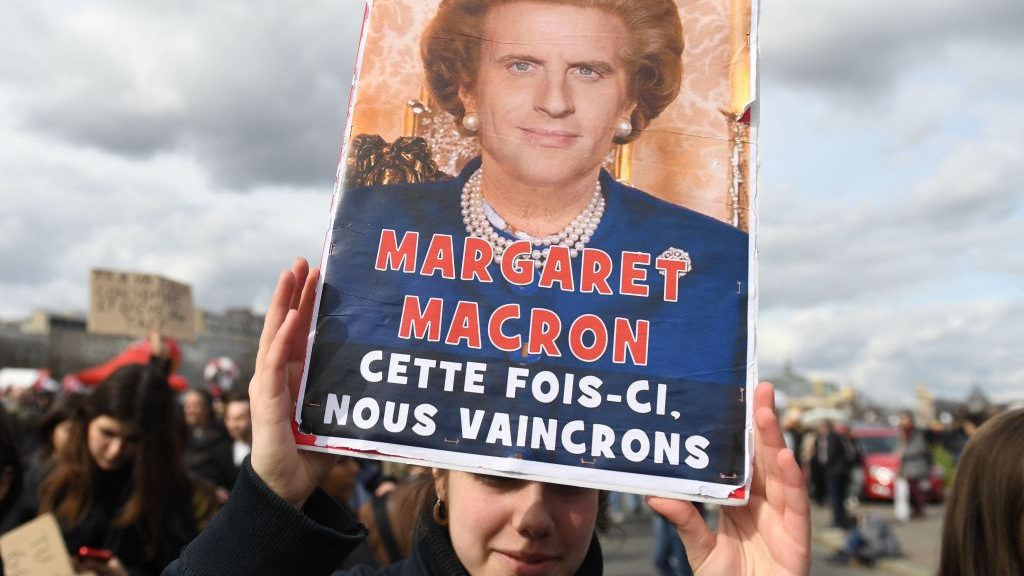“Change is coming that hasn’t happened in 100 years. And we are driving this change together,” Xi Jinping told Vladimir Putin on his visit to Moscow. No matter how many other lies they told each other, this is the truth.
I have no doubt that Xi’s support for Putin’s war of aggression in Ukraine was based on the same miscalculation that the Kremlin made: the assumption that Ukraine’s population would accept conquest; that Ukraine’s army was too weak; and that – above all – western unity would shatter at the first blow. So when Russia was driven out of Kharkiv and Kherson, and when its troops were exposed as useless, and genocidal murderers to boot, and when Germany’s perennial pacifists found their steel, China’s leader faced a choice.
Russia had already made itself voluntarily dependent on its allies – Iran, Syria and China – by becoming a pariah state in the developed world. Once Putin was indicted for war crimes by the ICC, it would have been easy for Xi to signal distance, in the name of maintaining good relations with those parts of the west not directly involved in the US-China cold war.
But he did the opposite. Last week he physically embraced Putin, saying
“please take care, dear friend”. And then he walked away with huge, asymmetric trade and energy deals. Putin pledged to complete the Strength of Siberia 2 pipeline, replacing export dependence on Europe with export dependence on China. He promised to start using the yuan in trade with Africa and Asia.
He signalled the wholesale reorientation of Russian agriculture towards the Chinese market. He rubber-stamped Chinese involvement in the economic development of Russia’s far east. He offered to hand over the assets of western companies in Russia to Chinese corporations. And he pledged to collaborate with China in opening up polar trade routes – which is code for letting China exercise maritime power in the Arctic. All Putin got in return was a pledge to go on blocking effective international governance at the UN Security Council.
What Xi Jinping has secured, in the space of 13 months, is Russia’s abject and total dependency on China. Any possibility that Russian statecraft could be used to play the west and China off against each other has gone. Apart from in its client states – Belarus, Syria, Iran and Transnistria – Russia has no global alliance to mobilise. China, to the contrary, has built and solidified an alliance of global south naysayers to international law. We are not, therefore, simply losing US geopolitical dominance. We are losing the post-1945 rules-based order that was based on universalist concepts of human rights and international law.
For years, political elites in my country, and in the wider west, assumed this could not happen. Even if they didn’t buy the whole “wandel durch handel” conceit – where trade would help democratise China – it was logical to assume that Beijing’s reliance on economic globalisation would keep it aligned with the objective of maintaining a single, world-legal space.
All such assumptions must be abandoned for as long as Xi Jinping is in power. I make this caveat because, even under the heavily repressive political atmosphere in China, there are already signs of disquiet within the
elite over betting everything on the collapse of western unity, and I know
from experience that democratic political culture still exists in the undergrowth of Chinese civil society.
Xi’s global project is now clear. Belt and Road creates a chain of semi-colonial client states – across Central Asia and in the littoral of the Pacific
and Indian oceans. Strategic partnership with Russia permanently paralyses the UN. And both Beijing and Moscow can activate their sympathisers to destabilise the west – from George Galloway’s motley alliance here to Trump’s impending martyrdom in the USA.
And here is why Xi’s claim – of a “100-year change” – rings true. The 1930s were an interregnum, between the fall of the 19th-century Empire system and the emergence of the USA as global hegemon. Though Nazism, fascism and Japanese militarism all sought to grab what they could amid the chaos, neither Germany, Italy nor Japan were true contenders for global leadership. The Axis was an alliance for the prevention of global order, not the creation of it.
Today, China is already vying for global leadership. It has a bigger navy than the USA, a bigger GDP and holds a leading position in certain critical technologies (eg 5G). The question for the democratic world is no longer “how do we contain China?”, nor even “how do we live with China?” Xi’s visit
makes clear: China is now only prepared to live with the west on its own terms. The real question is: “how do we promote the democratisation of China and, in the meantime, deter it from aggression?”
To answer the first, we must look not only to the exiled Chinese intelligentsia from Hong Kong, but where they, themselves, place their hopes: the Chinese working class – whose struggles for workplace rights and human dignity are the great untold story of the modern world.
To answer the second brings us back to Ukraine. We must facilitate the military defeat of Russia’s forces and a settlement of the conflict in accordance with international law. China’s leaders may be in thrall to a strange, 19th-century version of Marxism which predicts their inevitable world domination, but they are by training mechanical engineers. One practical demonstration of the futility of aggression is worth a thousand arguments.




